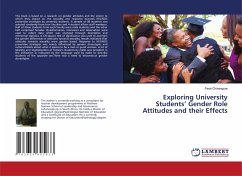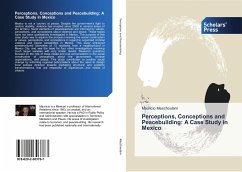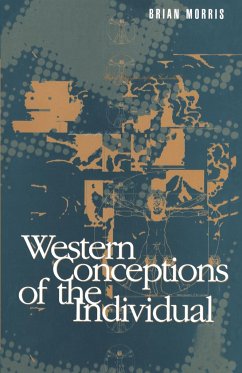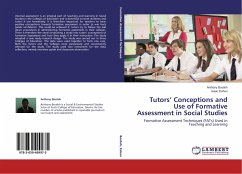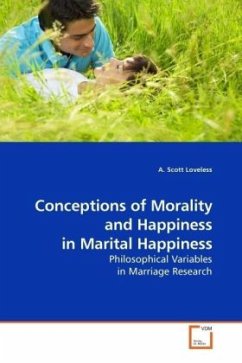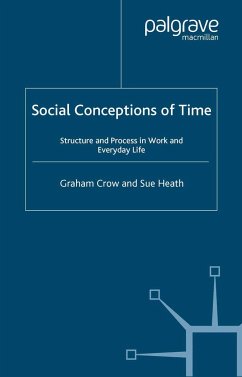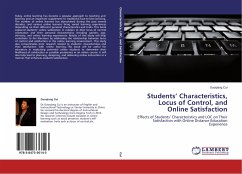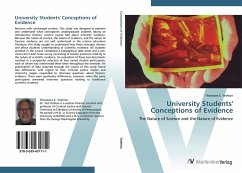
University Students' Conceptions of Evidence
The Nature of Science and the Nature of Evidence
Versandkostenfrei!
Versandfertig in 1-2 Wochen
45,99 €
inkl. MwSt.

PAYBACK Punkte
23 °P sammeln!
Revision with unchanged content. This study was designed to examine and understand what conceptions under graduate students taking an introductory forensic science course had about scientific evidence. Because the nature of science, the nature of evidence, and the nature of forensic evidence are not well understood in the science education literature, this study sought to understand how these concepts interact and affect students' understanding of scientific evidence. All students enrolled in the course completed a biographical data sheet and a pre-instruction Likert Scale survey consisting of...
Revision with unchanged content. This study was designed to examine and understand what conceptions under graduate students taking an introductory forensic science course had about scientific evidence. Because the nature of science, the nature of evidence, and the nature of forensic evidence are not well understood in the science education literature, this study sought to understand how these concepts interact and affect students' understanding of scientific evidence. All students enrolled in the course completed a biographical data sheet and a pre-instruction Likert Scale survey consisting of twenty questions relating to the nature of scientific evidence. An evaluation of these two documents resulted in a purposeful selection of four varied student participants, each of whom was interviewed three times throughout the semester. An examination of data acquired through the course of this study found few differences with regard to how criminal justice majors and chemistry majors responded to interview questions about forensic evidence. There were qualitative differ ences, however, when the same participants answered interview questions relating to traditional scientific evidence.




